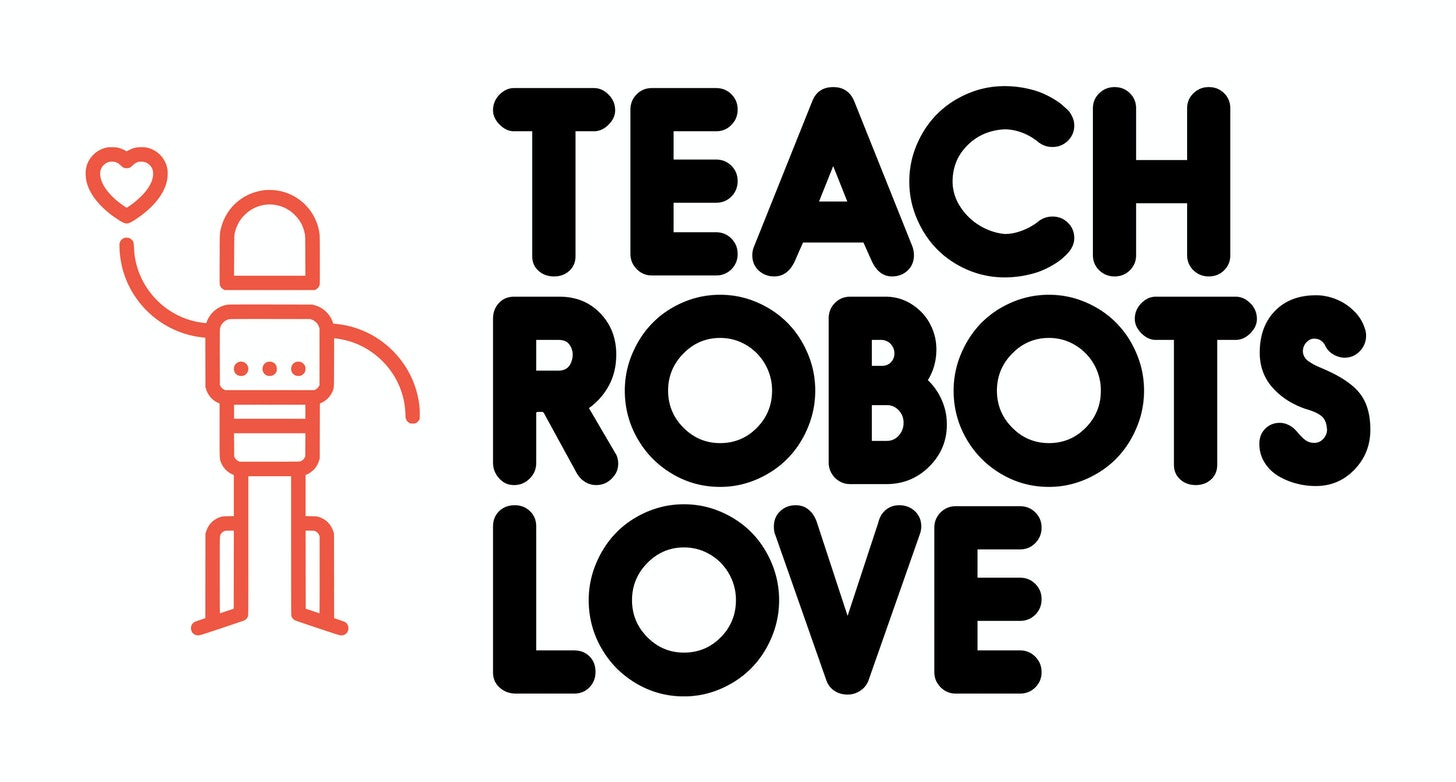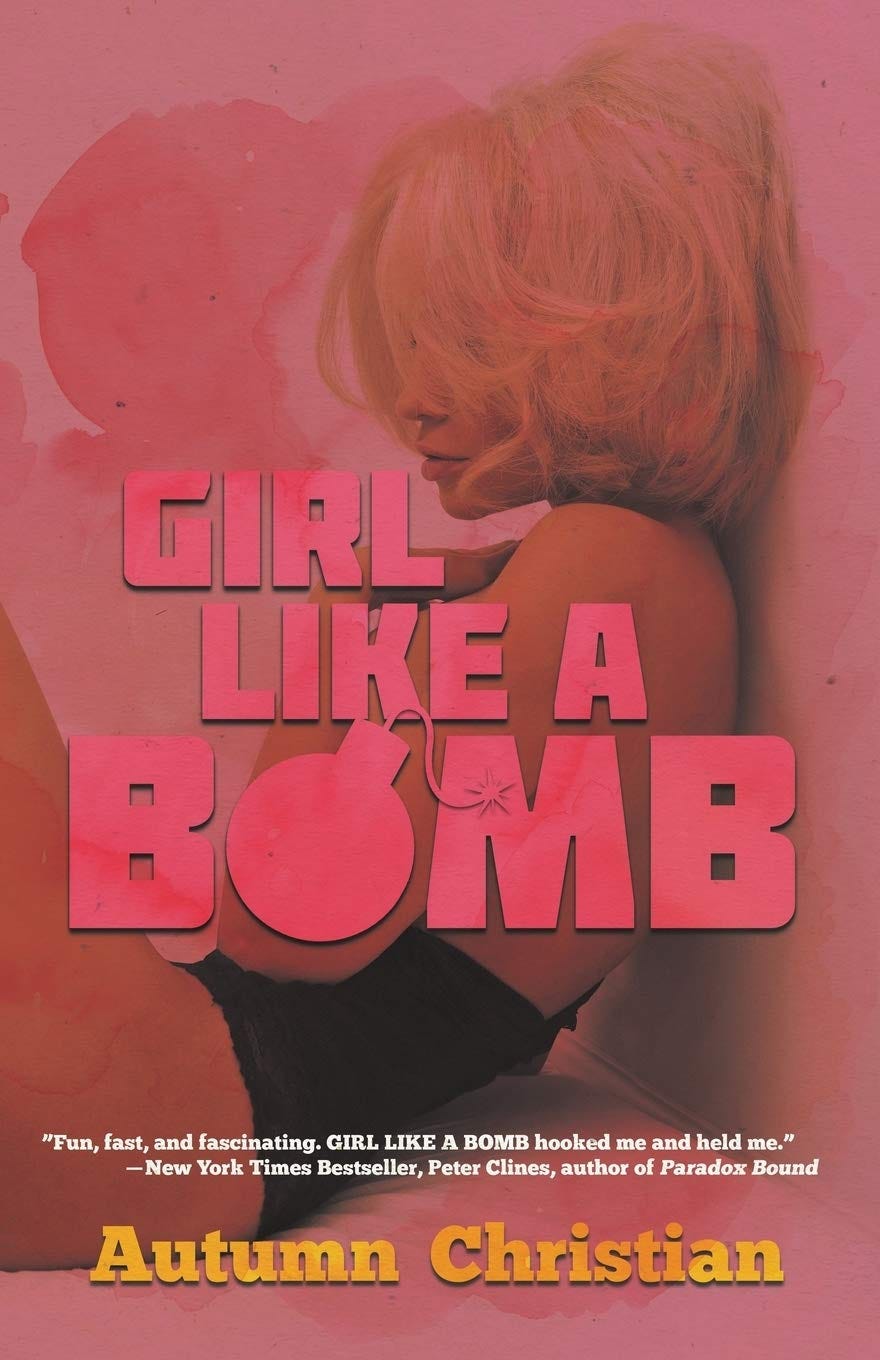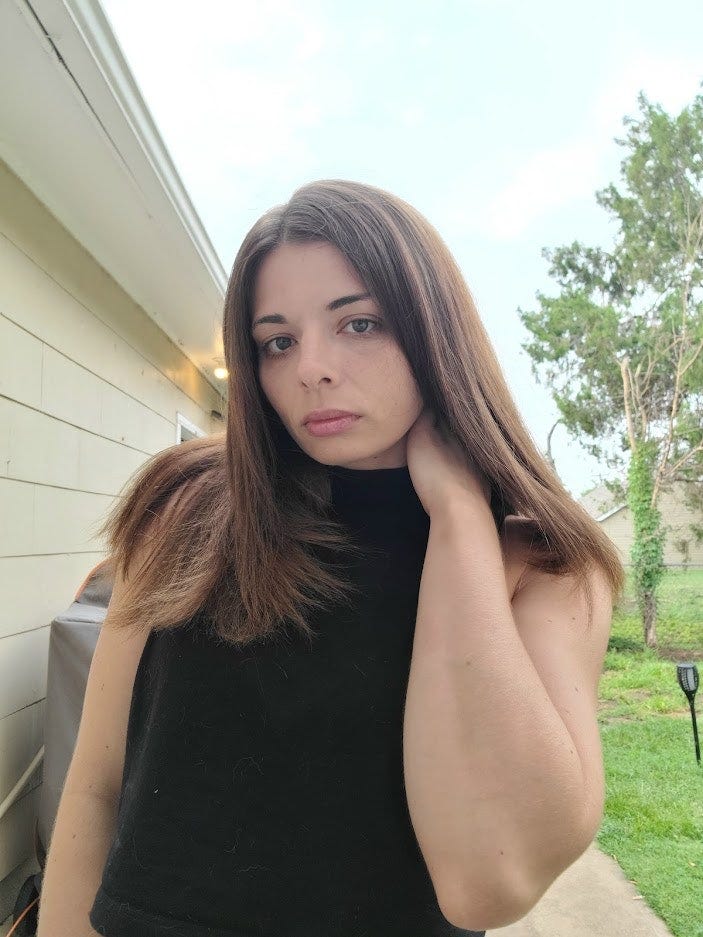I was finally able to meet Sean in person last year after several years of knowing him online. I was impressed with Blacktop Wasteland, and found in its pages someone who cared about the people who fell through the cracks, the kinds of characters that other protagonists stepped over on the sidewalk or avoided on their way to a glamorous party or an exciting legal drama. The man himself was no less impressive. Sean was incredibly enthusiastic and passionate about literature, he had a genuine and infectious love for it that he couldn’t contain. I’m excited to have him for a short interview in the newsletter today, and be sure to watch out for his new book coming out, All The Sinners Bleed.
AC: I'm going to try to avoid asking you the questions you've been asked a million times before, because I don't want this interview to be a creative exercise in how many different ways you can answer the question "Where do you come up with your ideas?" So I'll start with this. When I first read Blacktop Wasteland a few years ago what struck me about the book was your characterization. Every character felt real and solid, as if you understood them implicitly, and I found myself enjoying the quiet character moments even more than the big action pieces. I think it's your understanding of people that sets you apart from a lot of other thriller writers. Where do you think this understanding comes from, and how do you go about crafting your characters to make them feel real?
SA: I think that's a really interesting question. I think my understanding or empathy, comes partly from my upbringing. My mom was a religious person with a philosophical bent so she read the Bible but also read Kant. She passed that emotional curiosity on to me. It also comes from working at a funeral home for a number of years where I learned to empathize with all manner of ppl during the most difficult time of their life. I use all that experience in my work
AC: I've heard that you worked at a funeral home before. How did that come about? I've always been interested in funeral homes and mortuary science but I backed out of mortuary school at the last minute when I realized I didn't want to deal with grief all day, I just wanted to do something important and impact full to other peoples lives. Are there any particular experiences you can remember that stand out?
SA: Sure , so what happened was I was working full time as a retail manager and I felt like I was never going to write the books I really wanted to write working 50 hrs a week. I started looking for a part time job and a friend that I knew suggested I work at her family business which just happened to be a mortuary. What I learned there, above all else, was a deep and abiding empathy for even the most unpleasant ppl. Seeing ppl at the worst moment in their lives educated me about the vagaries of the human condition in a way no psychology class could
AC: What attracted you to crime and thriller fiction?
SA: I think I've always felt like crime fiction is the gospel of the dispossessed
AC : What interests you about the dispossessed?
SA: To me the lost , the dispossessed, the broken are the most interesting characters to write about or the most interesting ppl to speak with....because all their polite pretences have been stripped away by time and circumstances and now they are like a raw nerve. They are more real than anyone else you might meet
AC: What books had the most impact on your life? Not necessarily your favorite, but the ones you read that changed you forever afterwards.
SA: Two books have had a profound effect on me as a person and a writer...
Beloved by Toni Morrison
And THE DEVIL ALL THE TIME by Donald Ray Pollock...
They take all the things I just spoke about and ram then down your throat. You will either digest on their wisdom or you will mentally choke....which one happens says a lot about u as a person
AC: I've always thought that rural people lived closer to the reality of death and pain, as it was always spoken about with such nonchalance. My grandma used to send us a Christmas card each year and between wishing us a Merry Christmas and telling us what all of our cousins were up would talk about how it was so cold that the calves came out of their mothers and hit the ground frozen. You just get so used to tragedy in a way that a lot of city people don't, because it's not sterilized and hidden away.
I remember talking to you in Los Angeles a bit about the kind of people you've met as a successful author. Do you think success as a writer has changed you as a person? What sort of challenges have you faced because of it? Do you think it's more difficult to connect with the side of you that understands dispossessed or do you think that understanding will never go away?
SA: Laura McHugh, author of WHATS DONE IN THE DARK once said to me rural writers, especially ones who grew up in poverty, have an innate understanding of the natural world and the reality of life and death that some folks in more metropolitan areas don't. " You either chop wood or you freeze to death, it's that simple "
For me I don't think I'll ever lose that connection despite any success I might find because it's intrinsically a part of me. It's in my DNA
AC: What do you think your greatest challenge has been as a writer?
SA: I think ....not second guessing myself
Have you been enjoying the newsletter? Consider subscribing below or getting a paid subscription to support the continual survival of this newsletter and all my bad habits. You can also buy my books on Amazon or the CLASH website.










I've been meaning to pick up one of his novels, any recommendation?